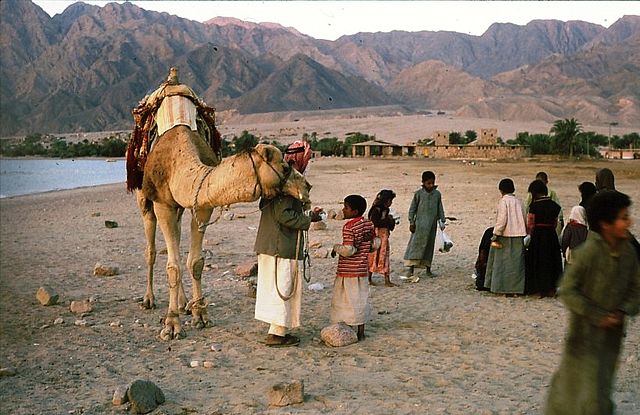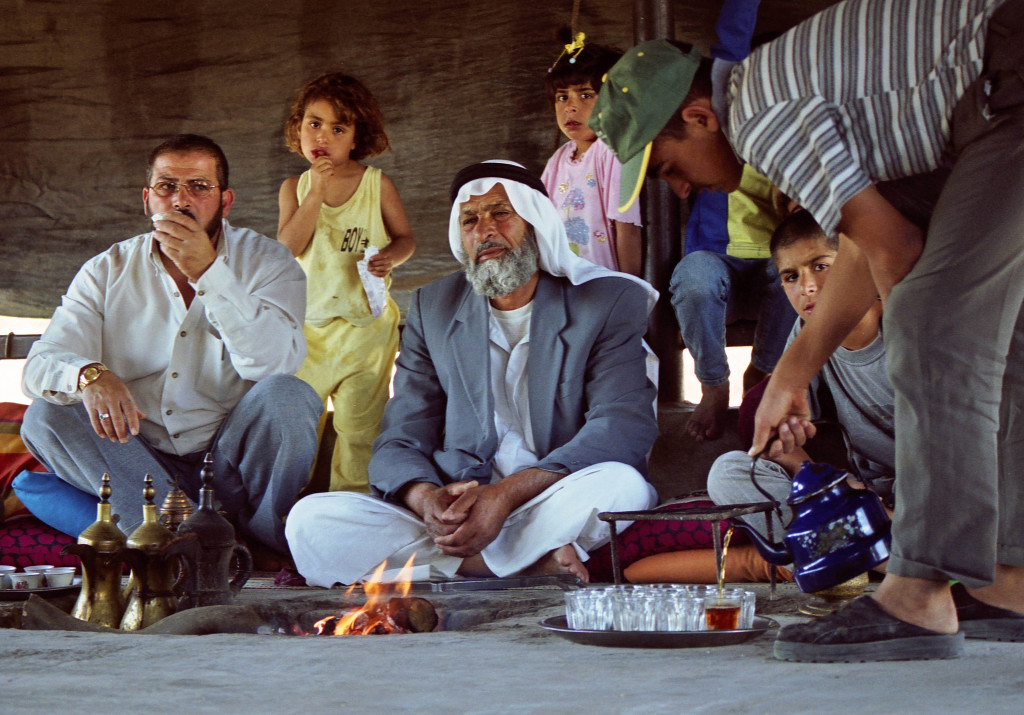Episode 6 Fact 1: Bedouin
Bedouin translates to 'desert people’, the root of the word is the same as the Arabic noun for ‘the beginning’ and they have been described as the origin of the Arabs and the substance of Islam.
The Bedouin history and culture can be traced back as far as 6000 BC to the agricultural and pastoral groups of people that first inhabited the arid Syrian steppe. By 1000 BC a people known as the A'raab (the ancestors of the modern Arabs) had established a network of oasis settlements and pastoral camps. They were one of many stock-breeding societies that lived in the region during that period and were distinguished from their Assyrian neighbours to the north by their Arabic language and the use of domesticated camels for trade and warfare.
Their caravan trading was primarily between Arabia and the large city states of Syria - Damascus, for example, was dependant upon them for guiding and protecting their merchant caravans through the desert. As traders they helped move goods between villages and towns and their relations with settled people was based on reciprocity and was conducted according to carefully defined rules.
By the first century BC, Bedouin had started to move westward into Jordan and the Sinai Peninsula and southwestward along the coast of the Red Sea. By the 7th century they had become some of the first converts to Islam and during the Muslim conquests many left the Arabian Peninsula and began to spread across much of the Middle East and North Africa where tribes of them are still found today.
In modern times, centralised authority, borders and the monetary system have all undermined their traditional way of life. Roads have decreased their isolation and increased contact with outsiders and the oil industry in particular has had a devastating effect with oil fields, vehicles and machines in areas that were once only desert.
Tribes and villages in the region of Palestine and Israel have suffered considerably under the military occupation. Once they leave a seasonal site for more plentiful grazing elsewhere, the Israeli authorities will dismantle or remove whatever is left behind and oftentimes confiscate the land. This means that villages are often ‘trapped’ in one place, causing stock numbers to fall dramatically and their capacity for trade to all but disappear.




